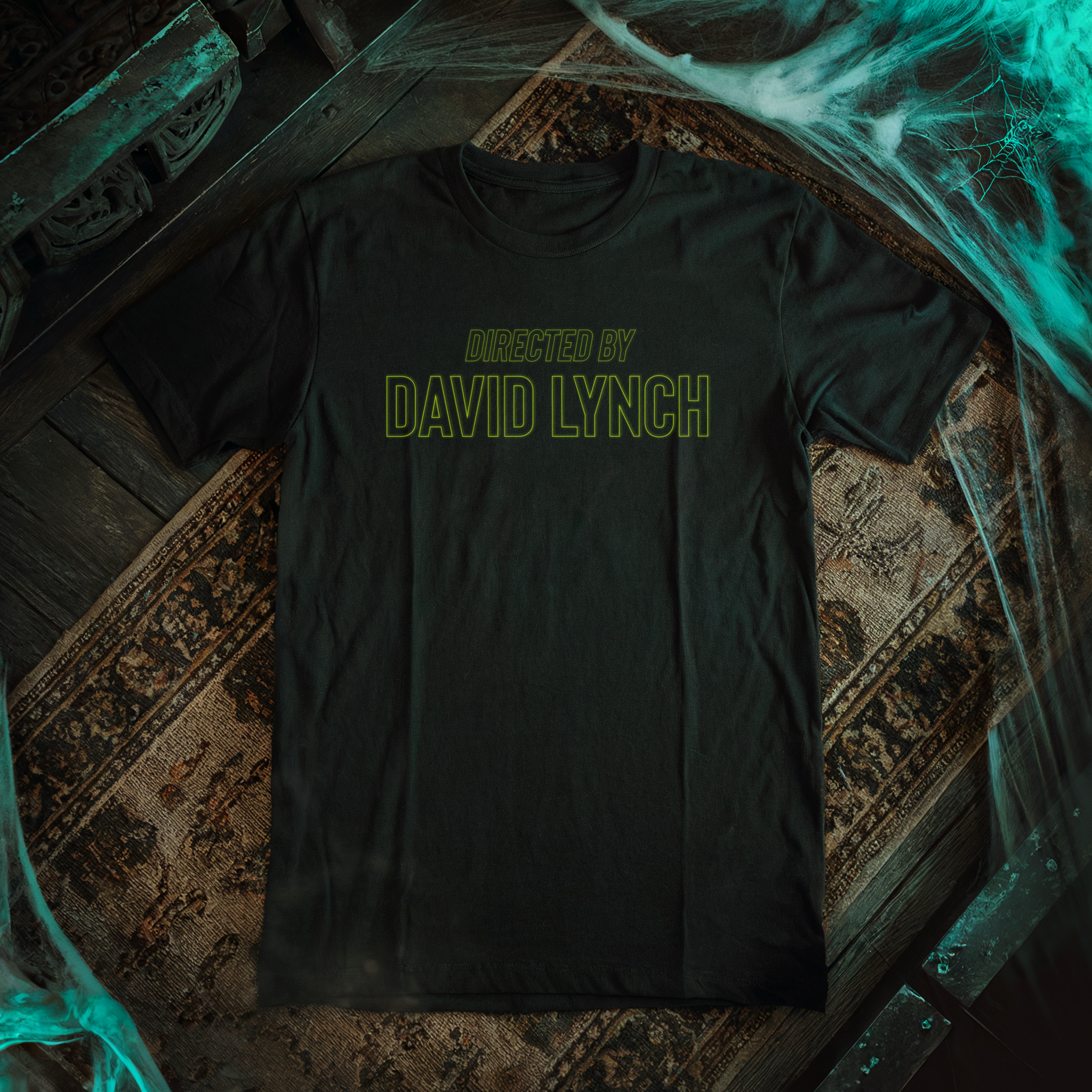M. Night Shyamalan’s trilogy-concluding Glass made its way to theatres this weekend, effectively ending my almost three year stretch of avoiding superhero movies. I haven’t been protesting those cinematic universes, but keeping up with that world was exhausting. If I had to guess, I’d say I’ve missed somewhere in the ballpark of 310 movies, roughly 7,036 trailers + teaser images, and 1 very familiar plot structure. But, on the other hand, Glass is not your average marvel movie, and M. Night Shyamalan always promises a surprise, even in an overreaching superhero story.
The trilogy began quietly with 2000’s Unbreakable, where we were first introduced to David Dunn (Bruce Willis) and Elijah Price (Samuel L. Jackson) aka Mr Glass. It’s a quiet, brilliantly understated destruction of the superhero mythos that contains zero flipped cars, no utility belts, and surprisingly few fight sequences. It was an impressively grounded story, giving us a window into a world like our own that slowly bent, warping a familiar image into something new without shattering its reality. 2017’s Split was an entirely different beast (*wink*) that evolved the story to include characters and possibilities far beyond the subtly of it’s origin story. Glass brings about the collision of those two worlds that, only in the final moment of Split did we discover, existed simultaneously inside the mind of its creator.
Glass takes us back to the dark streets of Philadelphia were David Dunn, now fully embracing his superhero alter ego, serves up vigilante justice to everyone he finds deserving. We found ourselves in this world only a few short weeks after Kevin Wendell Crumb‘s (James McAvoy) villainous alternate identity The Beast has begun kidnapping young girls. David walks the streets hoping to find the newest set of missing girls before time runs out and after a little luck and a lot of telepathy, David finally tracks down the girls their captor. While duking it out one dark stormy night, David and Kevin are apprehended by police and taken in for psychiatric evaluation.
The two men are placed under the watchful eye of Doctor Ellie Staple (Sarah Paulson), a psychiatrist that specializes in individuals who suffer from superhero delusions. She has been given 36 hours to prove that David and Kevin are capable of recovery, otherwise they will be sent away to spend the rest of their days in clinical confinement. Enter: Elijah Price, the wildcard that could either justify or jeopardize her entire plan. Price has spent the last several years heavily sedated, but even now he recognizes the duo’s potential, and will stop at nothing to see that they are known to the world as gods among men. Even it means threatening the lives of the entire Philadelphia area.
The world that has slowly shown itself in these three movies has evolved beyond its humble roots. Unbreakable was a much more calm and methodical film than its 2017 surprise followup. Split helped roll out the carpet for a more explosive universe, and Glass is proof that we have moved so very far from that original film. It’s not a departure, because the three films have been deliberately building to this climactic crescendo, but I do (deeply) miss that restrained storytelling.
Although Shyamalan is painting with a thicker brush in these newer installments, I was genuinely impressed at how he injected doubt back into his world. Unbreakable began in doubt, and slowly crept its way out into the light where we were finally able to accept, if only for a little bit, that heroes did exist. After seeing Kevin go full Beast mode, scaling walls, eating throats, and taking bullets, the toys were out of the box and it looked like there was no way to put them back. By the second act of Glass, through Dr Staple‘s repeated explanation of David and Kevin’s abilities, science and psychoanalysis begin to explain away the supernatural. She pokes holes in their beliefs until it becomes remarkable again to see them bend steel pipes, lift cars, and make ponchos look cool.
Breaking down the genre is par for the course in the M Night Extended Universe. The man has a clear understanding of (and interest in explaining) the “cultural importance” of comic books, but deconstruction has its limits. When you peel away layers to get to the core of something, you are left with less than when you began. If you are not careful, you soon find you have nothing left at all. Glass is perfect for the comic book obsessed, but what began almost twenty years ago as a philosophical discussion on our need for heroes and villains has transformed into a meta-referential analysis of the medium. I don’t know that I needed a mastermind to point the roles of our main characters. Or anyone, for that matter, to literally jump into frame and announce that now is the expected time for a revealing piece of information.
Glass is the final chapter of an unpredictable series. We were all taken by surprise at the sheer scope of the franchise, but its point of view into an all-too-familiar genre is what keeps me coming back. The way Unbreakable saw the world, injected magic back into the mundane. Shyamalan, as he’s done in his best work, bent and flexed the lens we looked through until we watched it splinter and fracture. If reality was shattered in the previous films, the shards have been collected and reassembled, but there is still a piece missing. Despite The Beast‘s repeated preaching, the film’s wounds do not make for a stronger, more evolved finale.
Glass is in theatres now! After you’ve had a chance to see M. Night Shyamalan’s conclusion to his 19-year-long superhero trilogy, let us know what you thought of the film on Twitter, over in the official NOFS Subreddit, and why not sound off in the Horror Movie Fiend Club on Facebook.









